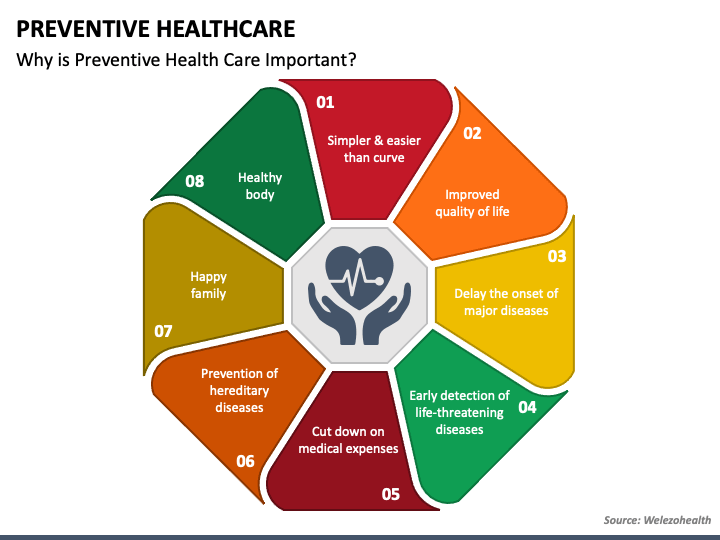Intentions vs. Goals: A Guide to a More Fulfilling Life

Setting Intentions for a More Fulfilling Life
We often hear about setting goals – SMART goals, stretch goals, the list goes on! But have you ever considered the power of setting intentions? While related, goals and intentions are fundamentally different, and understanding this difference can dramatically shift your approach to personal growth and create a more mindful, fulfilling daily life. This post will delve into that distinction, explore why intentions matter, and provide practical guidance on how to craft and integrate them into your everyday routine.
Goals vs. Intentions: What’s the Difference?
Let’s start with clarity. Goals are typically outcome-oriented. They’re about *achieving* something specific – losing 10 pounds, earning a promotion, writing a novel. They often involve timelines, metrics, and concrete steps to reach a desired result. Goals can feel powerful because they provide a clear target. However, focusing solely on goals can sometimes lead to stress, pressure, and a feeling of inadequacy if things don’t go according to plan. What happens when you miss your deadline for writing that novel? Do you beat yourself up?
Intentions, on the other hand, are focused on *being*. They’re about cultivating a state of mind or a quality of energy you want to bring to your experiences. Instead of “write a novel,” an intention might be “approach my writing with creativity and joy.” Instead of “lose 10 pounds,” it could be “nourish my body with kindness and respect.” Intentions are less about the *what* and more about the *how*. They’re not about achieving a specific outcome, but rather about aligning your actions with your values and desires.
Think of it this way: Goals are destinations; intentions are the compass guiding you on your journey. You can have a destination in mind (a goal), but if you don’t pay attention to *how* you’re traveling – your attitude, your energy, how you treat yourself and others along the way – the journey itself might be unpleasant, even if you reach the destination.
Why Are Intentions Important? The Benefits of Mindful Direction
So why bother with intentions when goals seem to offer a more direct path to achievement? Here’s why incorporating intentions into your life can bring profound benefits:

- Increased Mindfulness: Setting an intention forces you to pause and consider what truly matters to you. It brings awareness to your actions and choices, making you more present in the moment.
- Reduced Stress & Anxiety: The pressure of achieving goals can be a significant source of stress. Intentions shift the focus away from outcomes and towards process, reducing anxiety and allowing for greater flexibility.
- Improved Decision-Making: Having clear intentions acts as an internal compass, guiding your decisions in alignment with your values. You’ll find it easier to navigate choices when you know what kind of person you want to be and how you want to approach situations.
- Enhanced Creativity & Flow: When you’re not solely focused on the end result, you create space for creativity and flow to emerge. Intentions help you get out of your own way and trust the process.
- Greater Fulfillment: Ultimately, intentions contribute to a greater sense of fulfillment because they focus on cultivating inner qualities rather than just chasing external achievements.
Crafting Clear & Meaningful Intentions
Okay, you’re convinced! How do you actually *set* intentions? Here’s a step-by-step guide:
1. Self-Reflection: What Matters Most to You?
Start with deep self-reflection. Consider your values – what principles are most important to you? What qualities do you admire in others? What kind of person do you aspire to be?
2. Phrase Your Intentions Positively & Present Tense
This is crucial! Instead of stating what you *don’t* want, focus on what you do want. And phrase your intentions in the present tense as if they are already true. For example:
- Instead of: “I won’t procrastinate.”
- Try: “I approach my tasks with focused energy and enthusiasm.”
- Instead of: “I will be less anxious.”
- Try: “I navigate challenges with calm and resilience.”
3. Keep it Concise & Specific
While intentions should be meaningful, they shouldn’t be overly complex or lengthy. A short, clear statement is more effective.
4. Connect to Your Values
Ensure your intentions are aligned with your core values. This creates a stronger sense of purpose and motivation. For example, if kindness is important to you, an intention might be “I respond to others with compassion and understanding.”
Integrating Intentions into Daily Life
Setting an intention is just the first step. The real magic happens when you integrate them into your daily routines:
- Morning Ritual: Start each day by consciously stating your intentions. You can say them aloud, write them down in a journal, or simply hold them in your mind with focused attention.
- Throughout the Day: Periodically check back in with your intentions throughout the day. Are you acting in alignment with them? If not, gently redirect yourself.
- Mindfulness Breaks: Use mindfulness breaks as opportunities to reconnect with your intentions. A few deep breaths can help bring you back to center and remind you of what’s important.
- Evening Reflection: Take a moment each evening to reflect on how well you lived up to your intentions during the day. Don’t judge yourself; simply observe and learn from the experience.
- Adapt as Needed: Intentions aren’t set in stone. As you evolve, so too can your intentions. Regularly reassess them and make adjustments as needed.
Combining Goals & Intentions for Optimal Results
It’s not an either/or situation! You don’t have to abandon goals entirely when embracing intentions. In fact, combining the two can be incredibly powerful. Set a goal (e.g., “complete this project by Friday”), but accompany it with an intention (e.g., “approach this project with creativity and collaboration”). This creates a balance between direction and flexibility, achievement and fulfillment.
Setting intentions is a journey of self-discovery and mindful living. By shifting your focus from solely achieving outcomes to cultivating inner qualities and approaching life with awareness, you can unlock a deeper sense of purpose, reduce stress, and create a more fulfilling existence for yourself – and those around you. Start small, be patient with yourself, and enjoy the process!



